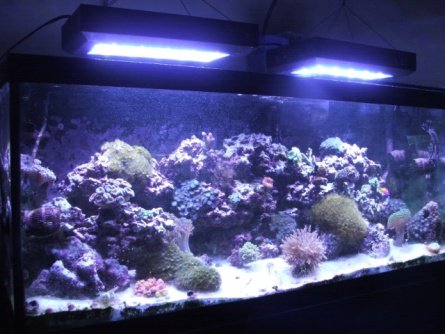fishguy82
Aquarium Advice Apprentice
- Joined
- Aug 4, 2012
- Messages
- 10
Im looking for info on vodka dossing my 75 gallon salt tank I have a couple of clown fish and what does vodka do to the tank I have looked all over forums but can't come up with anything good thanks for the info. Will

